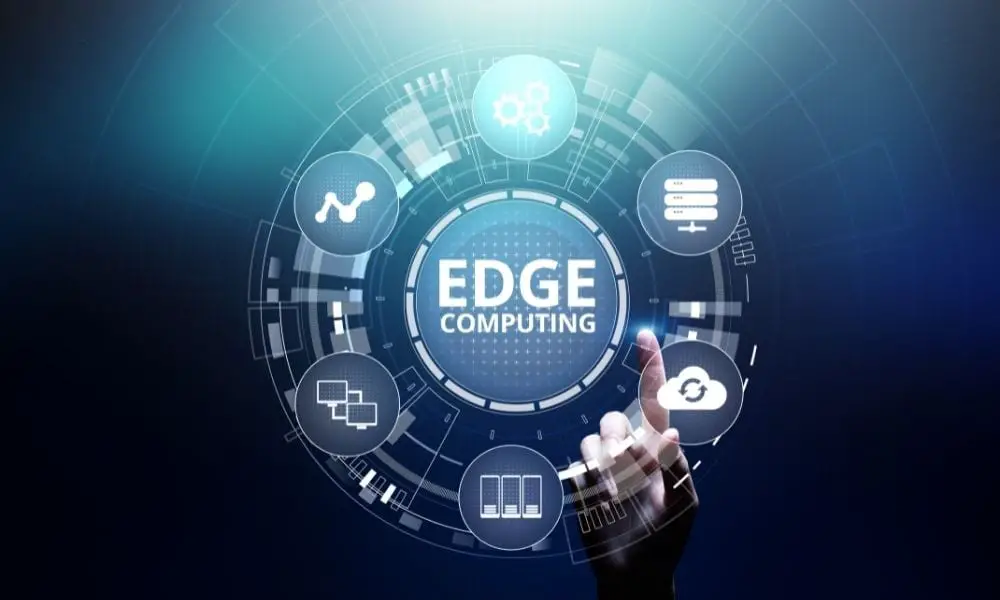

Since the initial mainframe of the first computer in the 1970s, computing power has rampantly matured into what we know it as today. The ability to process data quickly and cost-efficiently is a critical power for many mainstream industries and businesses. Throughout this evolution, cloud computing has become a major player in powerful networking. Nonetheless, cloud-based computing has its own drawbacks. This is where the revolution of edge computing comes into perfect play.
Edge computing is real-time computing that allows users to store greater capacity and data while relying less on network connections and data transactions. As one of the emerging data center trends of the year, this evolution of cloud computing is worth knowing more about. Curious about computing on the so-called edge? Let’s more closely examine the major ways edge computing is reshaping the future to come.
The “Internet of Things,” also known by its acronym IoT, is a tangible buzzword and technology gaining recent traction. This large network collection seamlessly connects physical objects and people. Such edge computing devices range from everyday household objects to more sophisticated industrial tools. Within the health care realm, medical devices and applications that use IoT can allow better treatment and monitoring of patients both near and far.
Real-time medical diagnosis and treatment is one the main ways edge computing is reshaping the future. If users administer edge computing technologies adequately, the healthcare realm will steer towards predictive care instead of reactive treatments. This utilization of real-time healthcare can exponentially save lives when push comes to shove.
Sustainability and climate change action is an increasingly hot topic. Solutions towards energy efficiency and resource efficiency require the utmost tact and care. Actively changing the situation this far in the game would demand very advanced computing solutions. Yet, edge computing technologies can still reshape the future to conserve resources and prevent further loss. Drip-monitoring and measurement systems in agriculture are just an example of how real-time computing solutions can make use of what the world currently has available and save the future that’s at stake.
Smart homes and smart buildings rely rather heavily upon IoT devices. More often than not, these devices store energy in one solitary server. This method is not the most cost-effective or reliable architecture for the job. Instead, the utilization of edge computing can reduce backhaul time and better protect private information from the outside world.
Similarly, edge computing is taking such autonomous technologies far and wide. Varieties of this computing method could offer an opportunity to connect to other structures, buildings, or cars to build up a smart city. As this technology further improves, its limitless abilities could provide for safer, healthier, and more environmentally-friendly lifestyles around the globe.
Additional Resources:
Computer Vision
Deep Learning
4K HDR
Linux
Bing
Yahoo
DuckDuckGo
Ecosia
Yandex
Understanding the common causes of delays during facility relocations can save you time, money, and…
If you or someone you know suffers from sleep apnea, chances are a CPAP (Continuous…
Learn about four effective methods hospitals can implement to share patient status updates, ensuring clear…
Learn about the benefits of an organized outdoor shed. Discover easy methods to reduce clutter…
Want to fly multiple flags but are worried it might be disrespectful? Here’s what you…
Prepare for power outages with tips on staying warm, safe, and stress-free. Learn how to…